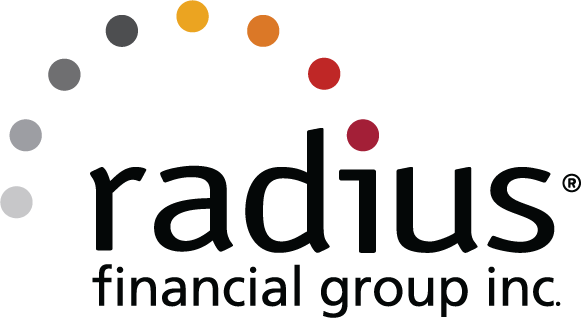Homeowners aged 62 and older with a significant amount of equity in their homes can fund their retirement by taking out a reverse mortgage, meaning a loan that converts a portion of their home equity into cash.
Although some people have strong feelings about this type of loan, it’s not universally “good” or “bad.” It just depends on the homeowner’s financial and personal situation.
If you’re a homeowner interested in a reverse mortgage, read on to explore when a reverse mortgage is a good idea (and when it might be better to find an alternative solution).
What Is a Reverse Mortgage?
A reverse mortgage is a loan option for homeowners at or above age 62 who have a significant amount of home equity. In this case, a “significant” amount is at least 60 percent equity.
Here are the basic features of this type of loan:
- You’re essentially liquidating your home over time. Whether you receive funds through a lump sum, line of credit, or monthly payment, you can continue to live in the home.
- Interest accrues monthly. Unlike a traditional mortgage, you don’t pay every month.Instead, the loan is repaid when you move away or a maturity event occurs. The loan is usually repaid with the funds from selling the home.
- You are still responsible for ongoing payments. These include property taxes, homeowners insurance, and any additional insurance or HOA fees.
A reverse mortgage can provide financial freedom. However, whether it’s a good idea depends on your specific scenario. Let’s take a look at some examples:
When Is It a Good Idea?
Generally, a reverse mortgage is a good idea:
If you need extra income.
For example, if social security or other retirement funds aren’t covering your everyday bills, then the extra money would be beneficial.
If you need to pay for home improvements.
As you grow older, you might need to add new features to your home. For instance, you may need to make your home more handicap accessible. If you need the funds, you can take out a Home Equity Conversion Mortgage (HECM) to pay for the necessary features.
If you have medical bills.
The funds from a reverse mortgage aren’t specifically designated for home improvements. If you have bills racking up, a line of credit can be used to pay down debts.
If you want to get rid of monthly mortgage payments.
With a reverse mortgage, you no longer have monthly payments on your home. Instead, you can receive monthly payments to supplement your retirement income. Remember that other expenses are not eliminated, including home-related taxes and insurance.
If you need to assist heirs with expenses.
In some situations, you might be financially fit but would like to help out family members with expenses, such as paying for a grandchild’s college education or funding a child’s home.
When Is It a Bad Idea?
Generally, avoid a reverse mortgage:
If you have a short-term horizon.
In other words, if you do not plan on living in your home long term, you might have to pay back the rest of the loan in a shorter time frame.
If you hope to build a significant inheritance for your heirs.
If the inheritance you plan to leave for your heirs relies on the increased value of your home, a reverse mortgage might not be a good idea. The interest rate from the mortgage is often significant and needs to be paid when the loan is due.
If you plan to use needs-based services.
With some reverse mortgages, such as a HECM, you will need to go through a counseling session with an accredited counselor who will provide more information about the loan and how it could impact your eligibility for Medicaid and Supplemental Security Income.
If you are unsure about making payments on time.
With a reverse mortgage, you will still be responsible for paying property taxes, homeowners insurance, and other home related fees. Missing any of these costs could be considered maturity events, or events that require you to pay back the entirety of the loan in a shorter time frame.
Determine If a Reverse Mortgage Is a Good Idea with radius
Whether or not a reverse mortgage is a good idea depends on an individual homeowner’s situation and how they intend to use the funds.
Although exploring these scenarios is helpful, you can’t know if a reverse mortgage is the best choice for you without the help of a trusted Loan Officer. A Loan Officer from radius can determine whether a reverse mortgage will work for you by looking at your finances, current income, and financial need.
If you would like to know more about reverse mortgages, connect with us today.
* This guide is for educational purposes only and should not be construed as financial advice. These materials are not from HUD or FHA and were not approved by HUD or a government agency. Not tax advice, consult a tax professional. The borrower must meet all loan obligations, including living in the property as the principal residence and paying property charges, including property taxes, fees, and insurance. The borrower must maintain the home. When the last borrower or eligible non-borrowing spouse passes away, sells the home, permanently moves out, or fails to comply with the loan terms, the loan becomes due and payable (and the property may become subject to foreclosure). Reverse mortgages are currently not available in NH and TN with radius financial group, inc.


